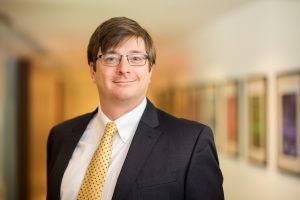Before Moore, Reyna, and Hughes. Appeals from the United States District Court for the District of Columbia.
Summary: The phrase “[a]ll the expenses of the proceedings” in 35 U.S.C. § 145 does not invoke expert witness fees with the clarity required to overcome the American Rule’s presumption against fee-shifting.
Gilbert Hyatt sued the PTO in district court pursuant to 35 U.S.C. § 145, seeking issuance of several patents. At the end of the proceedings, the PTO sought expert witness fees under § 145’s “[a]ll of the expenses of the proceedings” provision. The district court denied the PTO’s request and the PTO appealed. The Federal Circuit affirmed the district court’s denial of expert fees, explaining that the American Rule’s presumption requires litigants to pay their own fees unless a statute or contract provides otherwise. To overcome this presumption a statute must provide a sufficiently “specific and explicit” indication of its intent to overcome the presumption against fee-shifting. The Federal Circuit held that § 145’s “all the expenses” language did not specifically and explicitly invoke expert witness fees, and therefore did not meet the high standard needed to overcome the American Rule’s presumption. The Federal Circuit was unpersuaded by the PTO’s arguments that district courts routinely awarded expert witness fees under § 145, and that other statutes using the term “expenses” were interpreted to include expert witness fees. The Federal Circuit also rejected the PTO’s argument that denying expert witness fees could increase the cost of patent applications, explaining that the patent system’s general approach of assigning applicants their own costs did not overcome the American Rule’s presumption. Instead, the Federal Circuit held the Supreme Court’s logic in Peter v. NantKwest, which specifically addressed fee-shifting under § 145, also applied to expert witness fees. Thus, the PTO was not entitled to reimbursement of its expert witness fees.
Editor: Paul Stewart
